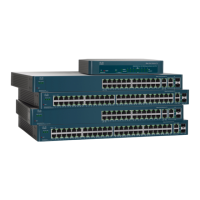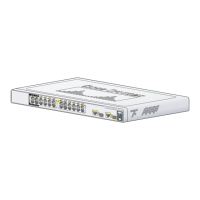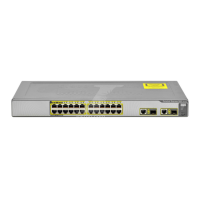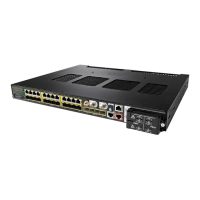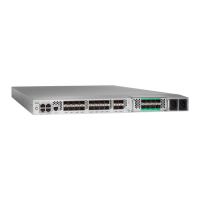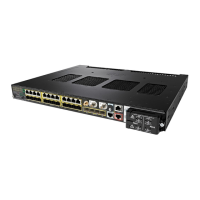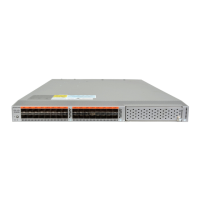Administration: Discovery
Configuring LLDP
147 Cisco 500 Series Stackable Managed Switch Administration Guide
9
• CDP and LLDP end devices, such as IP phones, learn the voice VLAN
configuration from CDP and LLDP advertisements. By default, the device is
enabled to send out CDP and LLDP advertisement based on the voice
VLAN configured at the device. Refer to the Voice VLAN for details.
NOTE CDP/LLDP does not distinguish if a port is in a LAG. If there are multiple ports in a
LAG, CDP/LLDP transmit packets on each port without taking into account the fact
that the ports are in a LAG.
The operation of CDP/LLDP is independent of the STP status of an interface.
If 802.1x port access control is enabled at an interface, the device transmits and
receives CDP/LLDP packets to and from the interface only if the interface is
authenticated and authorized.
If a port is the target of mirroring, then CDP/LLDP considers it down.
NOTE CDP and LLDP are link layer protocols for directly-connected CDP/LLDP capable
devices to advertise themselves and their capabilities. In deployments where the
CDP/LLDP-capable devices are not directly connected and are separated with
CDP/LLDP-incapable devices, the CDP/LLDP-capable devices may be able to
receive the advertisement from other device(s) only if the CDP/LLDP-incapable
devices flood the CDP/LLDP packets they receive. If the CDP/LLDP-incapable
devices perform VLAN-aware flooding, then CDP/LLDP-capable devices can hear
each other only if they are in the same VLAN. A CDP/LLDP-capable device may
receive advertisements from more than one device if the CDP/LLDP-incapable
devices flood the CDP/LLDP packets.
Configuring LLDP
This section describes how to configure LLDP. It covers the following topics:
• LLDP Overview
• LLDP Properties
• LLDP Port Settings
• LLDP MED Network Policy
• LLDP MED Port Settings
• LLDP Port Status
• LLDP Local Information
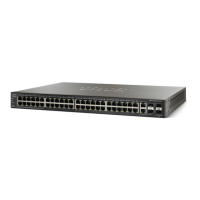
